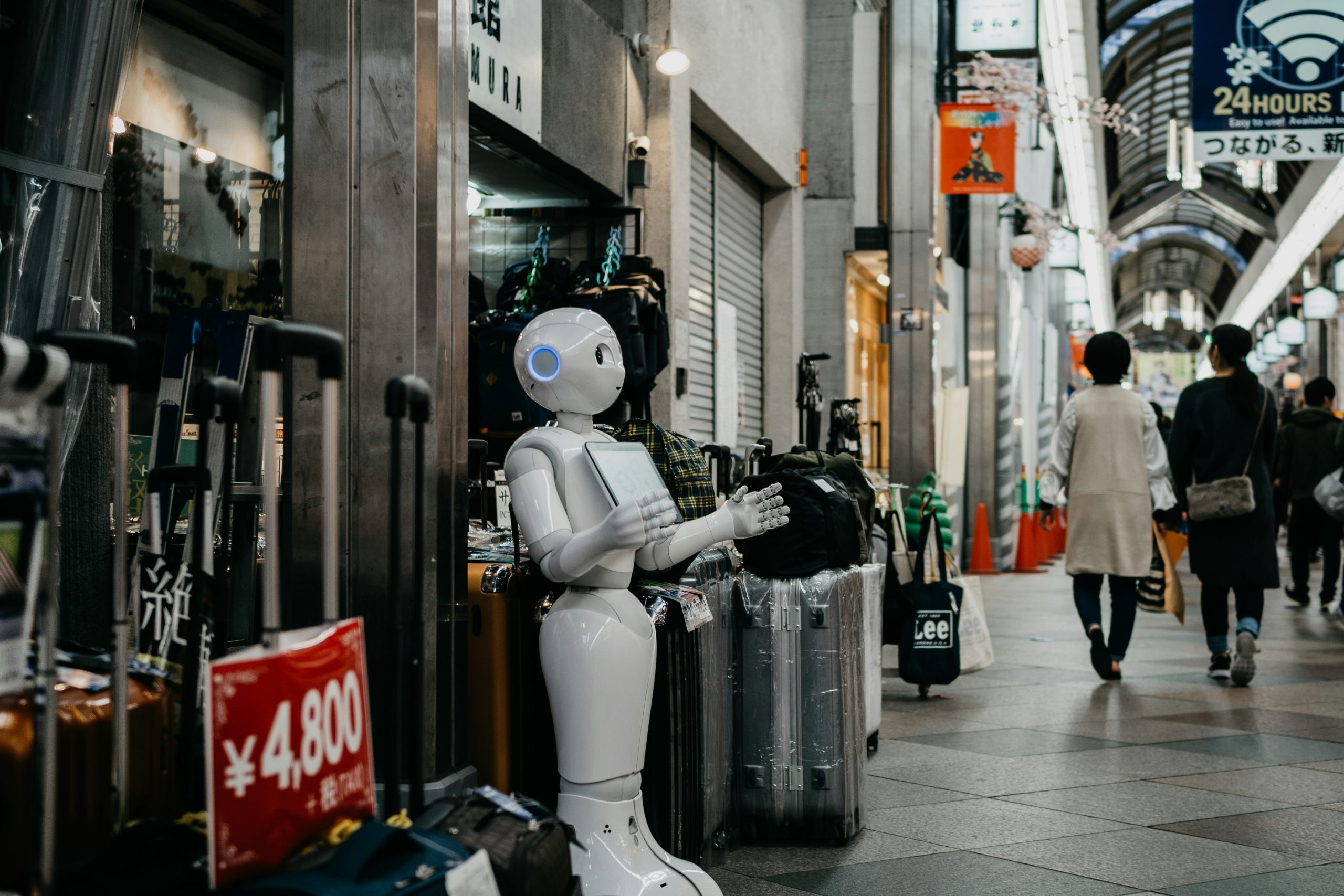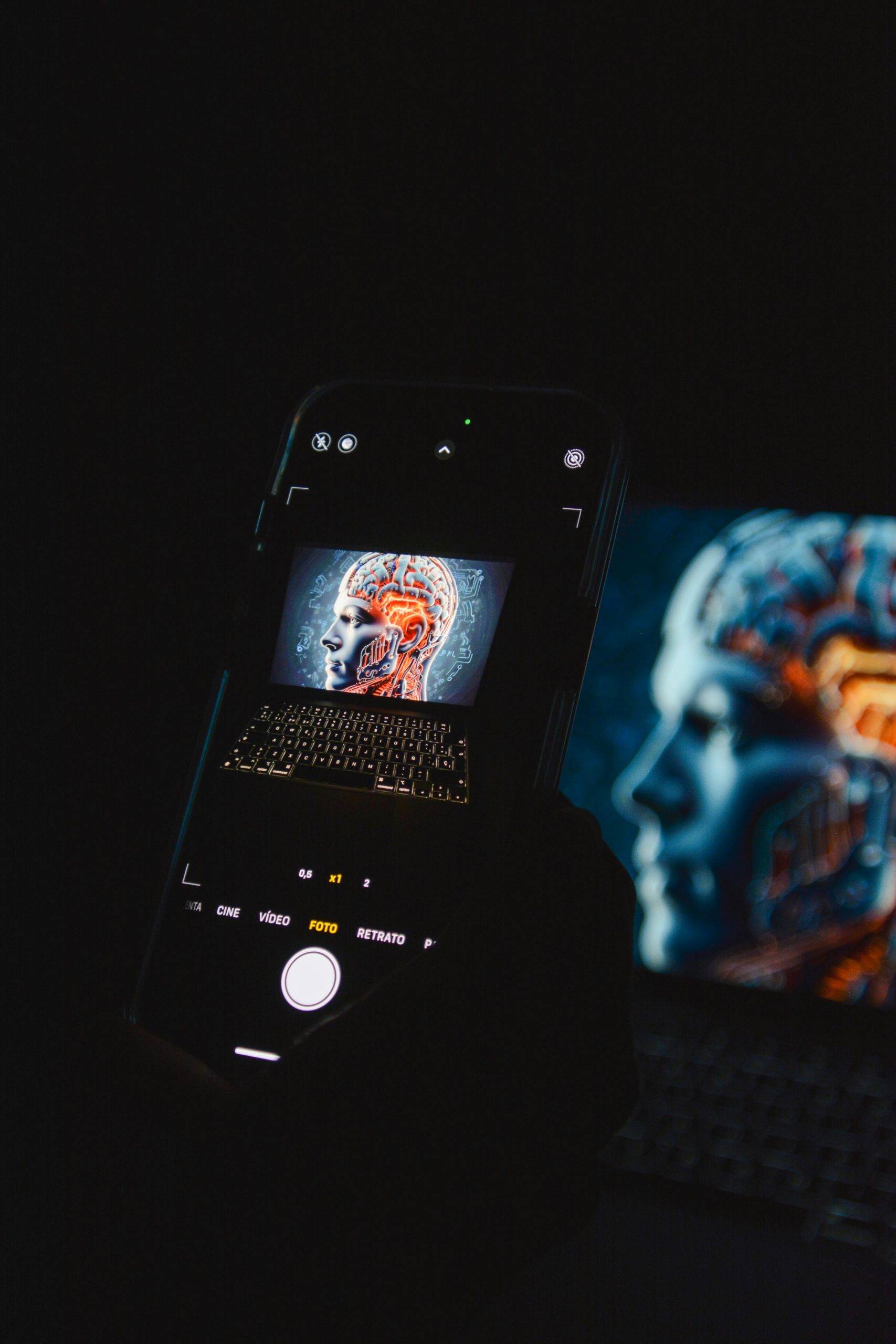In the modern era, the workplace is undergoing a profound transformation, driven by rapid technological advancements. The future of work is no longer a distant concept but a reality that is unfolding before our eyes. Technology is not just a tool; it is a catalyst that is reshaping every aspect of how we work, from the tasks we perform to the very structure of organizations.
One of the most significant impacts of technology on the workplace is the automation of routine tasks. With the development of artificial intelligence (AI) and machine learning, many repetitive and rule – based jobs are being taken over by machines. For example, in the manufacturing industry, robots are increasingly used for assembly line work, which was previously done by human workers. This not only increases efficiency but also reduces the risk of human error. In the service sector, chatbots are handling customer inquiries, freeing up human employees to focus on more complex and value – added tasks.
Another area where technology is making a big difference is in remote work. The rise of high – speed internet, cloud computing, and collaboration tools has made it possible for employees to work from anywhere in the world. This has led to a more flexible work environment, where people can balance their work and personal lives more effectively. Companies are also benefiting from this trend, as they can access a global talent pool without the need for a physical office in every location. For instance, a software development company in Silicon Valley can hire developers from Eastern Europe or Asia, leveraging their skills and expertise without the high cost of relocation.
Virtual reality (VR) and augmented reality (AR) are also starting to play a role in the workplace. In industries such as architecture and design, VR can be used to create immersive virtual models of buildings, allowing clients to experience the space before it is built. AR can provide workers with real – time information and guidance, enhancing their productivity and safety. For example, in the maintenance of complex machinery, AR glasses can display step – by – step repair instructions directly in the worker’s field of vision.
However, the integration of technology in the workplace also brings challenges. One of the main concerns is the displacement of human workers. As machines become more capable of performing tasks that were once exclusive to humans, there is a risk of job losses, especially in industries that rely heavily on routine work. To address this issue, there is a need for reskilling and upskilling programs. Workers need to learn new skills that are complementary to technology, such as critical thinking, creativity, and emotional intelligence. These skills are difficult to automate and will be in high demand in the future workplace.
Data security is another major challenge. With the increasing amount of data being generated and stored in the digital workplace, protecting this data from cyber – attacks is crucial. Companies need to invest in robust security measures, such as encryption, firewalls, and employee training on data security best practices. A single data breach can not only result in financial losses but also damage the company’s reputation.
Moreover, the digital divide is a significant issue. Not all workers have equal access to technology and the skills needed to thrive in the digital workplace. This can lead to inequalities in employment opportunities and career advancement. Governments and organizations need to take steps to bridge this gap, for example, by providing affordable access to technology and training programs in underserved communities.
In conclusion, the future of work is being shaped by technology in both positive and challenging ways. While automation, remote work, and emerging technologies offer great potential for increased efficiency and innovation, they also bring about concerns such as job displacement, data security, and the digital divide. To ensure a smooth transition to the future workplace, it is essential for individuals, companies, and governments to work together. By investing in education and training, implementing strong security measures, and promoting equal access to technology, we can create a workplace that is inclusive, productive, and sustainable in the face of technological change.
This Article Was Generated By AI.




